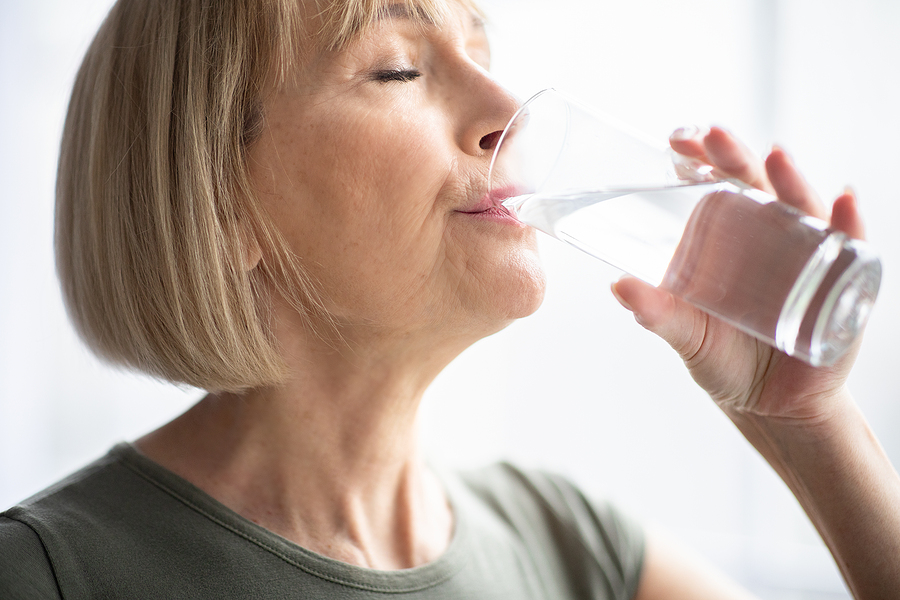Scientists from a study on hydration say that people who are well-hydrated live longer, age better and have fewer chronic conditions. Only problem is they fudged their results. So are those claims still true?
This took place in the US through the National Heart, Lung, and Blood Institute (NHLBI). The work on hydration used data from 11,255 people involved in a study of arterial health over 25 years.
The participants were aged 45 to 66 years when it started and between 70 and 90 when the last material was gathered.
Previously, NHLBI researchers had argued that mice on lifelong water restriction had a shorter lifespan and more degenerative changes in their organs compared to well-hydrated mice.
Maybe they did, but mice are far easier to study because everything they eat, drink and do in a lab can be controlled. We pesky humans do lots of things scientists can’t control.
It seems though that the researchers set out to show that what was true of mice was true of people.
Their measure of hydration was the concentration of sodium in the blood. This goes up when fluid intake goes down or salt intake goes up.
They claimed their results showed that people with sodium levels at the higher end over time were more likely to develop chronic conditions (such as heart failure, stroke, diabetes and dementia), show signs of advanced ageing (through measurements such as blood pressure, blood sugar and cholesterol) and die earlier.
But in fact this only applied to about 3.5 percent of the people they studied.
It’s also worth noting that even if their data had shown that sodium levels correlate with health, ageing and lifespan, there might be explanations other than hydration.
For example, people who exercise possibly drink more water, and maybe it’s the exercise that keeps them healthy, not the water.
Similarly, real food (vegetables, fruit, meat, fish and so on) has a high water content. Processed food is often high in sodium and other additives and low in fibre.
Perhaps people who eat more healthily are healthier for that reason, not because of their hydration.
So where does that leave us?
This study aside, there’s good evidence that hydration matters. Dehydration increases blood pressure and the risk of clotting which, it goes without saying, isn’t healthy.
Common sense says to drink when we’re thirsty, but it also pays to keep an eye on urine colour, drink water when we’re drinking alcohol, eat a diet of real food, and take water with us when we’re out and about. Of course, we need more when it’s hot, we’re physically active and so on.
We all know this, but it’s easy to forget.
Interestingly, what the stats in the NHBLI study did show was that the people with the lowest sodium levels were the most likely to die early. Presumably they were over-hydrated.
So the moral of the story seems to be to follow the Goldilocks principle – not too little but also not too much.
Photo Source: Bigstock

